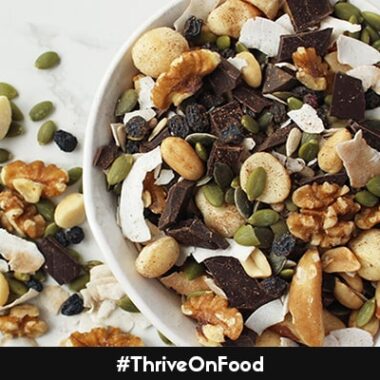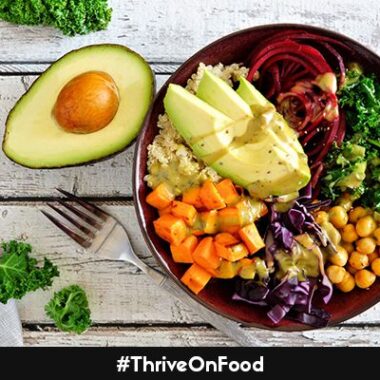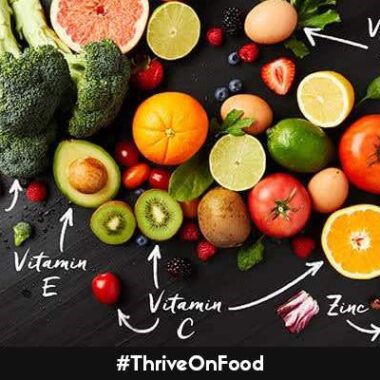Do you remember running away from a small little yellow and black insect which has wings and also a sharp sting? Yes, we were all scared of honey bees when we were little. We get the nutritious and delicious honey from bees. The big family of honey bee is called a colony.
Every beehive has almost four thousand honey bees!!! Honey is a yummy, magical substance only produced by honeybees and enjoyed the world over. Honey is marketed in several different forms: liquid honey, comb honey, and creamed honey. Not only is honey great for sweetening a spot of tea, it also has some incredible properties that set it apart from all other food products.
Here are few facts about honey that perhaps you didn’t know!
- Honey is 80% sugars and 20% water.
- To make one pound of honey, the bees in the colony must visit 2 million flowers, fly over 55,000 miles and will be the lifetime work of approximately 768 bees.
- A single honeybee will only produce approximately 1/12 teaspoon of honey in her lifetime.
- A single honey bee will visit 50-100 flowers on a single trip out of the hive.
- Honey is the ONLY food that includes all the substances necessary to sustain life, including water.
- Honey bees have five eyes.
- Bees have been producing honey for at least 150 million years.
- A cave painting depicting an androgynous figure robbing honey out of the hive was found in the Cave of the Spider in Valencia, Spain. It is estimated to be 15,000 years old.
- Honey stored in air tight containers never spoils. Sealed honey vats found in King Tut’s tomb still contained edible honey, despite over 2,000 years beneath the sands.
Some of the more interesting facts are :-
- Honey bees never sleep! No wonder worker bees have such a short lifespan!
- Honey bees are the only insects that produce something that humans eat. It is also the only food that never goes bad! Its sugar content is too high and because it is naturally anti-microbial, (Anti-fungal, anti-bacterial, anti-everything nasty) which is why it’s also such an incredible healer.
- The Queen bee lays up to 2,000 eggs per day! She can also select the gender of the larvae. Most larvae that will be produced will be female.
- Due to the high level of fructose, honey is 25% sweeter than table sugar.
- To make honey, bees drop the collected nectar into the honeycomb and then evaporate it by fanning their wings.
- Honeybees are one of science’s great mysteries because they have remained unchanged for 20 million years, even though the world changed around them.
- Did you know that bees have 4 wings?
- In the cold winter months, bees will leave the hive only to take a short cleansing flight. They are fastidious about the cleanliness of their hive.
- House bees clean away the dead, make wax and comb, heat/cool the hive, receive nectar and make honey, put it into the comb, sealing it with wax.
- A honeybee visits between 50 and 100 flowers during one collection flight from the hive.
- In order to produce 1 kg of honey, about 4 million flowers must be visited.
- Not a spinach lover? Eat honey – it has similar levels of heart-healthy antioxidants!
- Honey is nature’s energy booster! It provides a concentrated energy source that helps prevent fatigue and can boost athletic performance.
- Recent studies have proven that athletes who took some honey before and after competing recovered more quickly than those who did not.
- Honey supplies 2 stages of energy. The glucose in honey is absorbed by the body quickly and gives an immediate energy boost. The fructose is absorbed more slowly providing sustained energy.
- Honey is the only food that includes all the substances necessary to sustain life, including enzymes, vitamins, minerals, and water; and it’s the only food that contains “pinocembrin”, an antioxidant associated with improved brain functioning.
Religious significance of honeybees and their honey:
- In ancient Greek religion, the food of Zeus and the twelve Gods of Olympus was honey in the form of nectar and ambrosia.
- In Hinduism, honey (Madhu) is one of the five elixirs of life (Panchamrita). In temples, honey is poured over the deities in a ritual called Madhu abhisheka. The Vedas and other ancient literature mention the use of honey as a great medicinal and health food.
- In Jewish tradition, honey is a symbol for the new year, Rosh Hashanah. At the traditional meal for that holiday, apple slices are dipped in honey and eaten to bring a sweet new year. Some Rosh Hashanah greetings show honey and an apple, symbolizing the feast. In some congregations, small straws of honey are given out to usher in the new year.
- The Hebrew Bible contains many references to honey. Biblical law covered offerings made in the temple to God.
- In Buddhism, honey plays an important role in the festival of Madhu Purnima, celebrated in India and Bangladesh. The day commemorates Buddha’s making peace among his disciples by retreating into the wilderness. According to legend, while he was there a monkey brought him honey to eat. On Madhu Purnima, Buddhists remember this act by giving honey to monks. The monkey’s gift is frequently depicted in Buddhist art.
- The Christian New Testament (Matthew 3:4) says that John the Baptist lived for a long of time in the wilderness on a diet of locusts and honey.
- In Islam, an entire chapter (Surah) in the Qur’an is called an-Nahl (the Bees). According to his teachings (hadith), Muhammad strongly recommended honey for healing purposes. The Qur’an promotes honey as a nutritious and healthy food.
- In ancient Greek religion, the food of Zeus and the twelve Gods of Olympus was honey in the form of nectar and ambrosia.
Sadly, over the past 15 years, colonies of bees have been disappearing, and the reason remains unknown. Referred to as ‘colony collapse disorder’, billions of honey bees across the world are leaving their hives, never to return. In some regions, up to 90% of bees have disappeared!
We can all do our bit to support these brilliant bugs, gang! Why not plant flowers rich in nectar, such as lavender and bluebells, which will help bees find the food they need? Also, be sure to choose our ThriveOn 100% raw honey, too, which will support our honey bees and their beekeepers!




